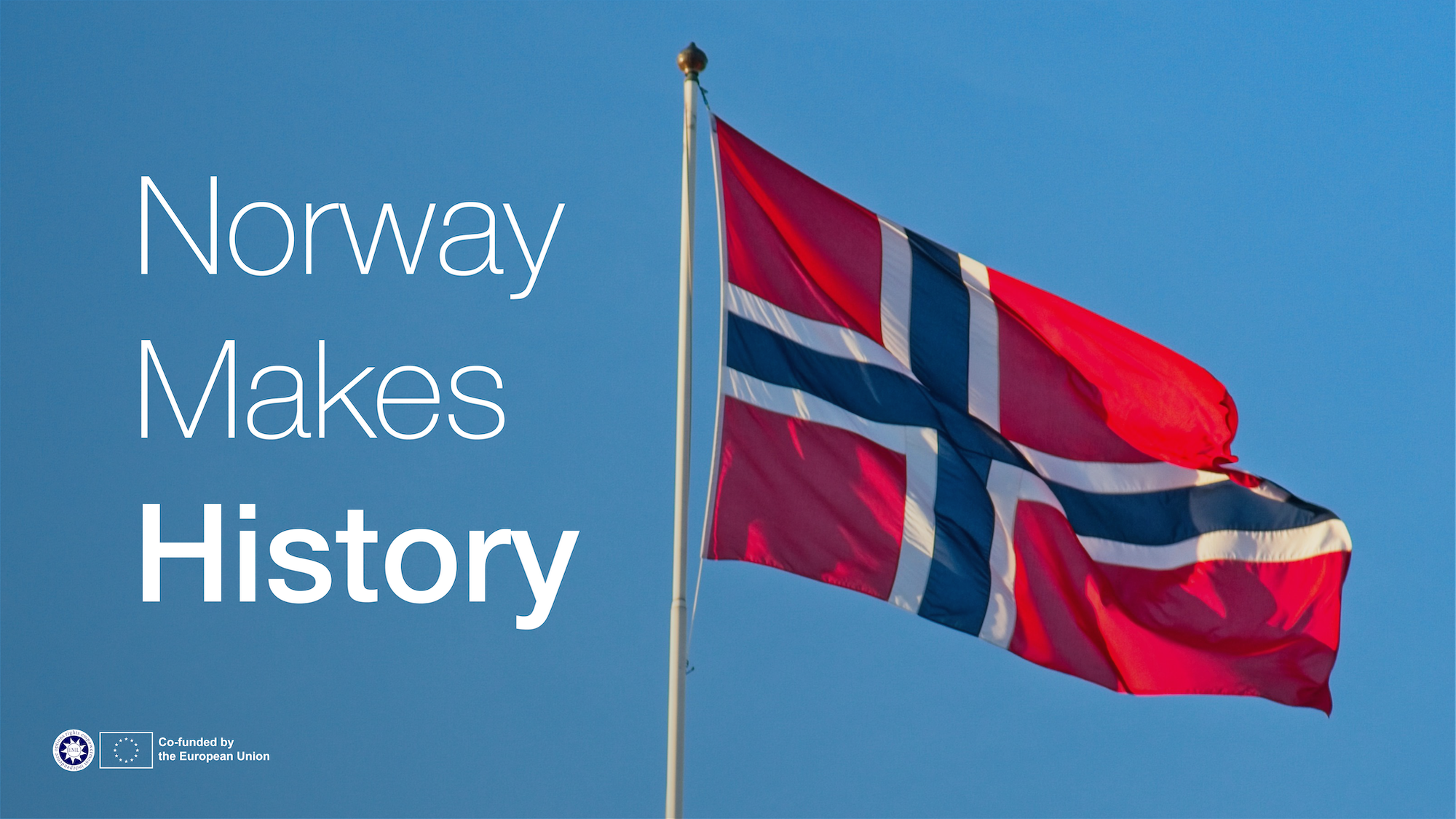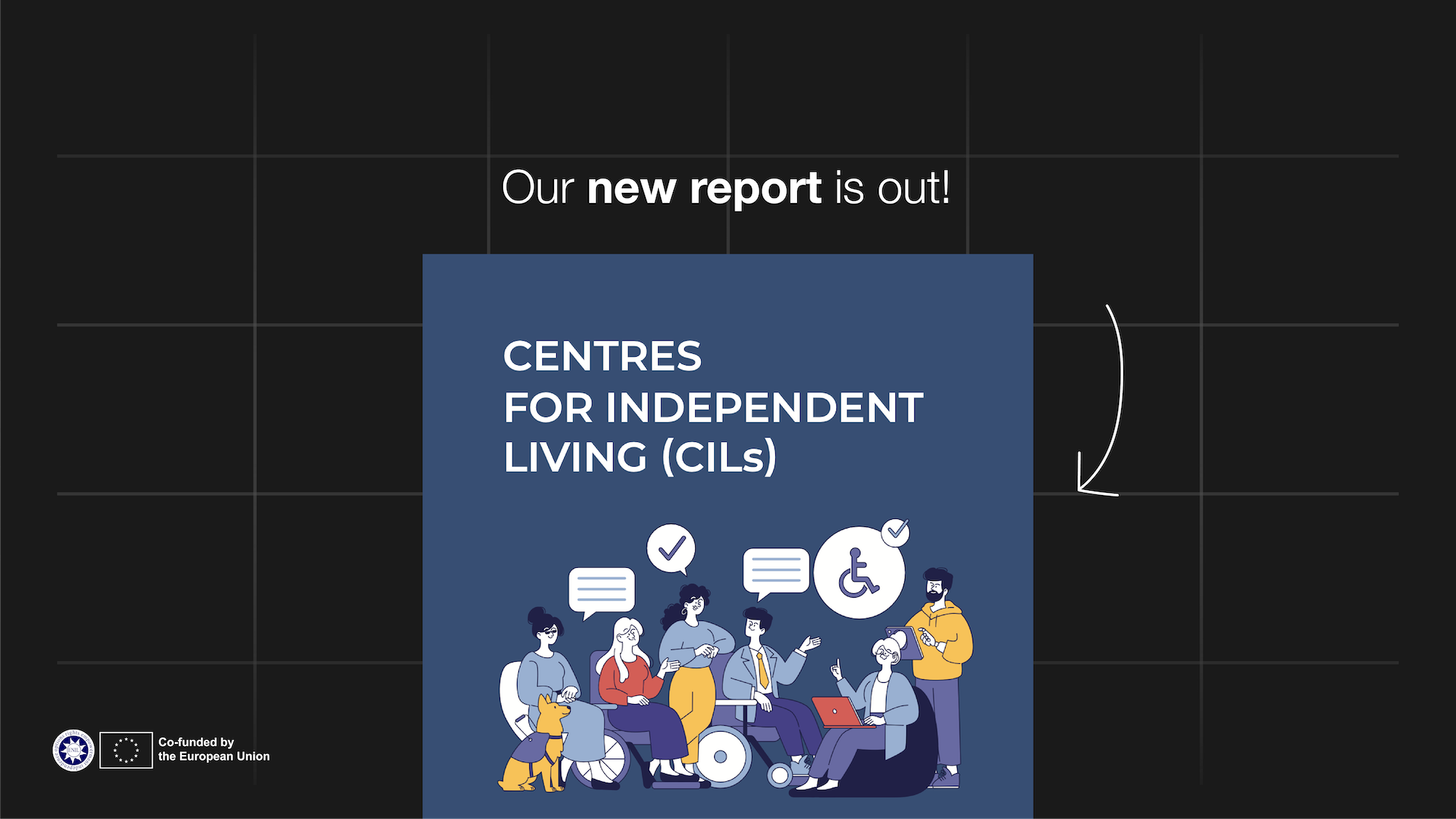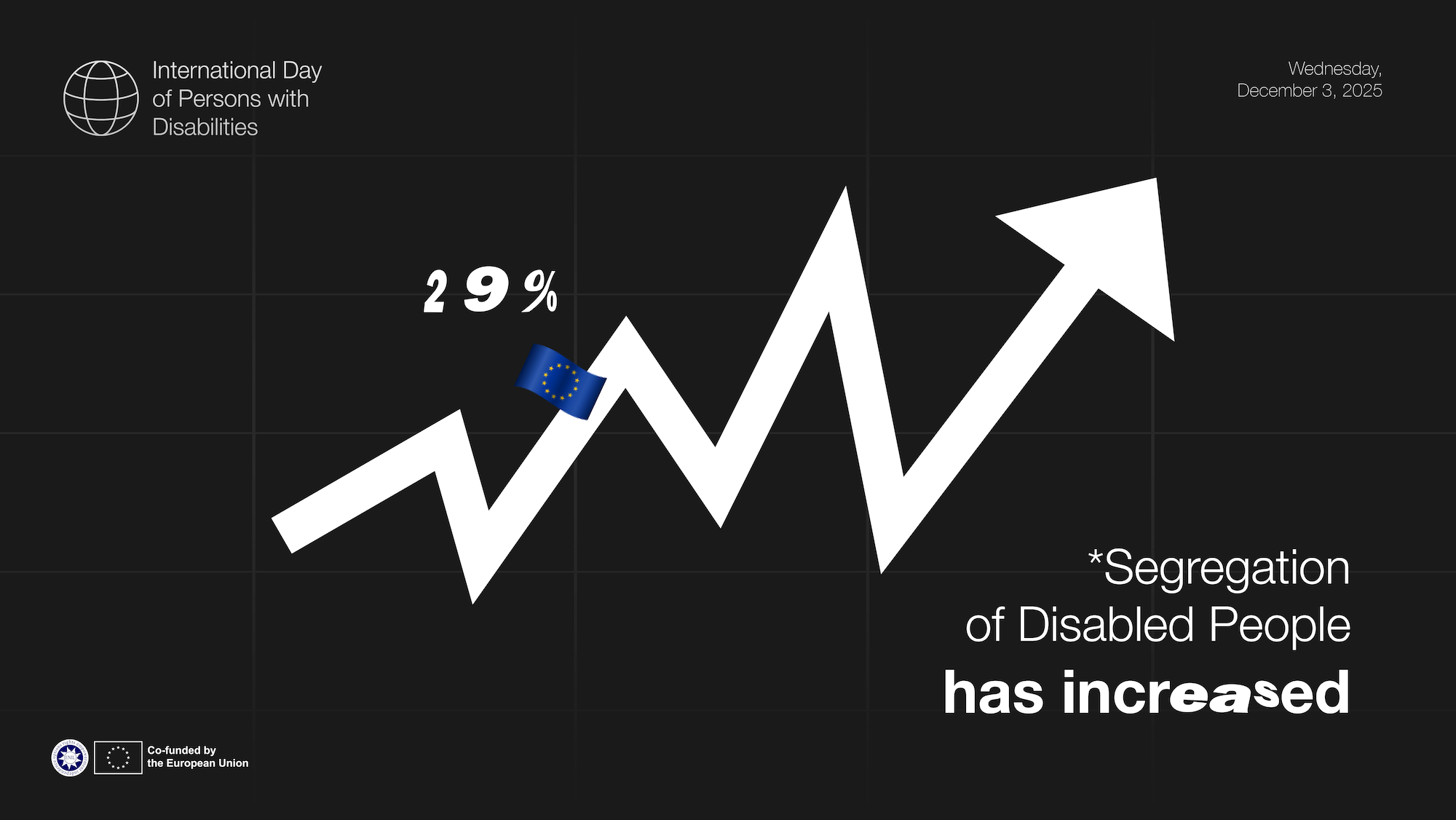By Elena Pecaric, elena.pecaric@guest.arnes.si
Why has there been such a departure from the original intent of Personal Assistance Act in 2019:
Personal assistance (PA) is a fundamental human right and must be understood and interpreted in this spirit. It is based on the Convention on the Rights of Persons with Disabilities, but the translation from English to Slovenian loses the fundamental conceptual emphasis.
PA is primarily a service for equalizing opportunities; the individual becomes a full-fledged, independent and active member of society. To change from a passive “caregiver” to an active co-creator of the own lifestyle. To achieve their independence and self-determination to transform from passive recipients of assistance to active and full members of society.
• Ignorance of what PA is – an active and responsible user is a fundamental condition for independent living and personal assistance. Since there was no change of paradigm and wider understanding of society about what PA is and what it brings to the independent life of an individual, the old logic of help, care and protection is simply implemented under a new name. In the beginning, we very naively proposed and defended a law that did not include special medical documentation but needs based on the social model of disability. The potential applicant for PA sometimes learned the right answers, borrowed a wheelchair or played the character of the poor disabled person and got more hours of PA than they actually needed.
• Since there are no complementary services on this scale, Personal Assistance Act has become a solution for everything that someone needs, including solving the social hardships of families. The government has been promising the Long-Term Care Act for twenty years, it is now expected to be adopted at the beginning of 2024. It will primarily be aimed at the elderly population to keep them in-home care. But we lack a range of services in the community that would meet the different needs of individuals, perhaps a smaller number of hours several times a day, assistance with escorting, and other domestic help at the local or common unity level. Existing services should be strengthened and new ones added to make them available for the users who are not entitled to PA and would already use other services if they were available.
Even more bizarre is the fact that the large PA providers are in a triple role and conflict of interests since they can legally represent the user, be legal representatives of the PA providers and at the same time be personal assistants “to their own child”. On this account, there are various anomalies, but especially during fieldwork, we notice that the vast majority of service providers implement PA as a kind of home help, which is completely opposite to the philosophy and guidelines of independent living.
Many PA users visit sheltered work centres, even though we are very critical of these forms of institutions, in this place many people experience the only interaction with the outside world and society. For families to employ one or even two family members, individuals were discharged from the sheltered work centres so that they are allowed for a greater number of assistance and employment of the family members. The user, therefore, does not receive a higher quality of life, let alone independence. This is primarily about users who have various intellectual disabilities and are deprived of their administrative ability. As a rule, their guardian is one of the parents. We perceive a lot of discrimination and also psychological and physical abuse, but there is no response from the competent social services and even from the ombudsman.
Unfortunately, we live in a culture that is not used to the promotion and respect of equal opportunities, self-determination and independent life, but on the contrary “being a poor disabled person is often more convenient because nothing is expected from you. You have no responsibility, you have no duty, you only have rights and you can only feel sorry for yourself. Above all, there is a lack of respect and self-respect, parents are often overprotective and most of the time they are an obstacle in the way of an individual’s independent life.
• For the reasons described in the previous points, the number of family members now represents as much as ½ of all employed personal assistants; which is contrary to the purpose of the law, as this does not promote the independence of users (not even concerning other family members). Therefore, their status must be regulated in a complementary way in family assistance, and the hours of family helpers must be deducted from the approved hours of personal assistance. The right to personal assistance is misunderstood and perceived as an additional or “new social right”, which should belong to the “disabled person” simply because they are “disabled”, sick, because they lack something and because they need more or less help. As a kind of social transfer, compensation or allowance that supplements the individual’s deficit. This understanding is tied to old established models from the socialist past, which are based on medical perception.
It is necessary to start re-evaluating users as soon as possible and assign them the most suitable services or a combination of both. Anyone who has obtained a PA based on false statements loses it and cannot reapply for PA for a certain period. PA is by no means a lifetime right (circumstances may change for each user individually), re-evaluations must be carried out every three years.
The right to PA will thus remain with those users for whom the PAL (personal assistance law) was primarily intended – socially active disabled people with a large range of needs who need help in most daily activities to live on an equal other citizens.
Beneficiaries should be:
ACTIVE and RESPONSIBLE users, with a proven permanent disability after completing treatment or rehabilitation, need a large amount of assistance every day to live independently and equally outside institutions like other citizens. The assessment must show that the user needs at least 30 hours of help per week, in most daily activities – not only accompanying or helping in the household, which are separate services available under other laws or in the programs of non-governmental organizations.
BEING AN ACTIVE USER means that:
• Is involved in any form of work, including regular employment, self-employment, or work under a civil law contract.
• He or she can manage his or her assistance and has the competence and knowledge to do so. He or she can resolve conflicts in position and is looking for replacements for the absences of full-time assistants. Is responsible for training own assistants to be able to perform all daily activities, attends training according to the PA; in short, has the right to personal assistance and is also responsible for PA. In the case of persons who are unable to manage PA, their legal representative does this for them (it is also necessary to consider more advanced forms of support – support groups, and persons of trust). Users must be previously trained to manage PA and then regularly upgrade their knowledge and competencies.
Users’ responsibility must be added to the law, as PA was created in response to the fact that disabled people did not want to be passive recipients of help, protection and care, but wanted to be active creators of their own lives, even though they need a lot of help to carry out their daily activities. Managing one’s own life and personal assistance enabled users, regardless of their disability, to self-determine (the concept of activists and defenders of the right to an independent life). According to the PAL, PA users are responsible for their actions and bear the consequences of their actions – just like other citizens.
Data for the month of January:
4,000 users, approximately 8,000 personal assistants. In this year, the cost of PA amounted to 200 million euros per year. The government has decided that this is too much, so the current law will have to be supplemented, changed, reformulated. Other services will also be needed to adequately compensate what is currently covered only by PA.



